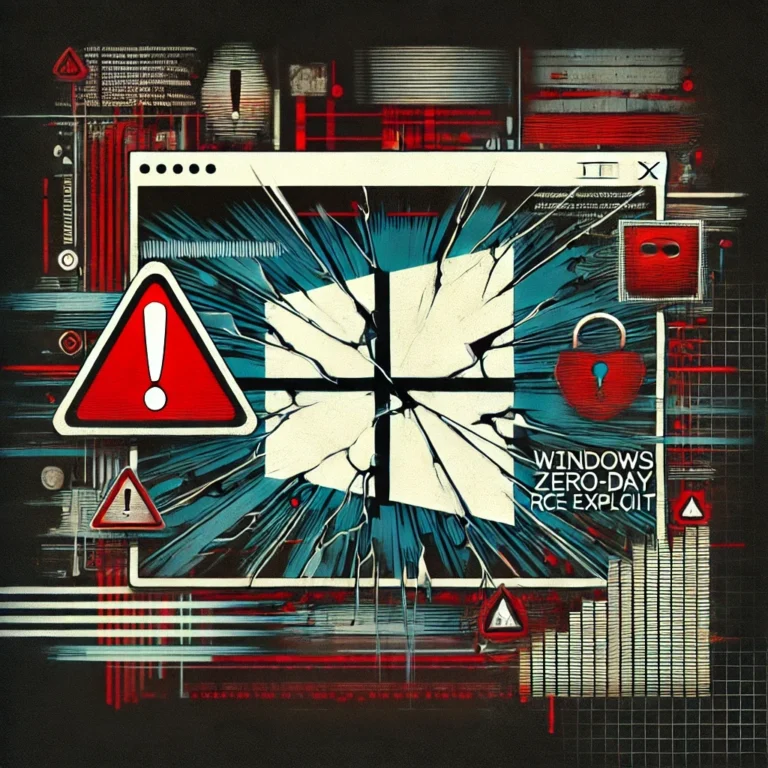Over the last decade, cryptocurrency has gone from obscure tech experiment to a global financial force—and on the sunny island of Curaçao, it’s already making waves.
You might think of Curaçao as a place for beaches, tourism, and colorful architecture. But beneath the surface, it’s also becoming a serious player in the digital finance world. Investors are eyeing its tax-friendly environment, crypto entrepreneurs are launching projects from its shores. Regulators are working—sometimes scrambling—to keep up with the pace of change.
So, what does cryptocurrency actually mean for Curaçao? Is it an opportunity, a risk, or both? Whether you’re curious about investing, concerned about scams, or just trying to make sense of what Bitcoin has to do with a small island in the Caribbean, here’s what you should know.
Crypto Investments: A New Frontier with Familiar Risks
In Curaçao, crypto isn’t banned, regulated into obscurity, or treated with suspicion. In fact, it’s the opposite. Digital currencies like Bitcoin and Ethereum are perfectly legal to own, buy, and sell. And that alone makes Curaçao a more open environment than many countries.
Add to that a few key advantages: there’s no capital gains tax, no dividend tax, and the territorial tax system means income earned outside Curaçao may not be taxed at all. That makes it a particularly attractive base for crypto investors and businesses who want to operate legally without losing half their profits to taxes.
But this freedom comes with a catch: volatility. Crypto markets are known for wild price swings, and many newcomers have learned the hard way that making money in digital assets is far from guaranteed. Just because it’s tax-free doesn’t mean it’s risk-free.
Digital Money, Real Businesses
While investing is one thing, crypto is also becoming part of the way real companies in Curaçao operate. That’s especially true in the island’s iGaming sector.
Curaçao has long been known as a global hub for online casinos. Many of these operators now accept cryptocurrency as a form of payment. Some are even “crypto-only,” meaning players use Bitcoin, Ethereum, or stablecoins instead of traditional money.
This isn’t just about convenience. For gaming platforms, crypto can reduce payment processing fees and expand access to users in countries with stricter banking regulations. For users, it adds anonymity and speed. But regulators are starting to pay attention, and for good reason.
Fraud, Scams, and Grey Areas
The openness of Curaçao’s crypto laws has attracted legitimate business—but also shady actors. Not every casino or crypto startup licensed on the island has played by the rules. There have been cases of operators disappearing with user funds, untraceable transactions tied to shell companies, and other warning signs that have caught the eye of international watchdogs.
Some reports have gone as far as calling Curaçao a “money laundering paradise in the making.” That may be a harsh label, but it’s clear that in the past, regulatory enforcement didn’t always keep up with industry growth.
The good news? That’s changing.
Curaçao’s Regulatory Makeover
In 2024, Curaçao took a major step forward. Lawmakers introduced the National Ordinance on Games of Chance (or LOK, for short), aiming to tighten oversight over online gaming companies. Instead of relying on master license holders (who acted as middlemen), the new system requires all operators to be licensed directly by a new authority: the Curaçao Gaming Authority.
At the same time, there’s growing momentum to regulate cryptocurrency more broadly—not just in gaming, but in financial services, wallets, exchanges, and beyond. The Central Bank of Curaçao and Sint Maarten is expected to introduce new rules for licensing virtual asset service providers, following global standards on anti-money laundering and customer verification.
In simple terms: crypto in Curaçao is still open, but it’s no longer the Wild West.
The Crime Question: Why Criminals Love—and Hate—Crypto
We can’t talk about cryptocurrency without addressing its darker side. The same features that make it attractive to investors—decentralization, anonymity, ease of use—also make it appealing to scammers and organized crime groups.
Romance scams, phishing schemes, and fake investment platforms have all been tied to crypto, both globally and in Curaçao. Some criminals use crypto to launder money through gaming sites. Others simply take advantage of inexperienced users who don’t understand how wallets or blockchains work.
But here’s the twist: crypto is also easier to trace than most people realize.
Unlike cash, which leaves no record, every crypto transaction is stored on a public ledger called the blockchain. Tools developed by analytics companies can track these movements, identify suspicious patterns, and even recover stolen funds—if investigators move quickly enough.
This has already led to high-profile seizures. Just recently, over $300 million in stolen or fraud-linked crypto was frozen across several continents thanks to cooperation between exchanges, stablecoin issuers, and forensic analysts. Curaçao isn’t immune to the same scrutiny—and that’s a good thing.
So… Should You Get Involved?
If you’re living in Curaçao or doing business here, and you’re curious about cryptocurrency, here are a few takeaways:
If you’re living in Curaçao, working with crypto, or thinking about investing:
- Yes, crypto is legal.
- Yes, you can profit—but it’s volatile and risky.
- No, it’s not a free-for-all anymore.
The island is now under serious pressure to modernize its approach. For newcomers, this is a good thing—it means more clarity, more accountability, and (hopefully) fewer scams.
Final Thoughts
Cryptocurrency is here to stay, and Curaçao is figuring out how to embrace it without letting it spiral out of control. Whether you’re a beginner, an investor, or just someone trying to keep up with the times, knowing how crypto is being used—both legally and illegally—can help you make smarter decisions.
The island has a chance to do things right. Time will tell if it seizes that opportunity, or lets it slip away.



